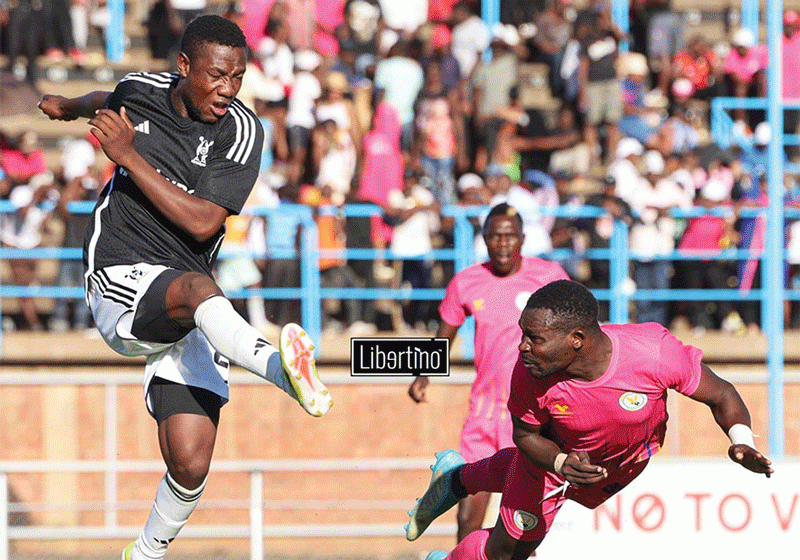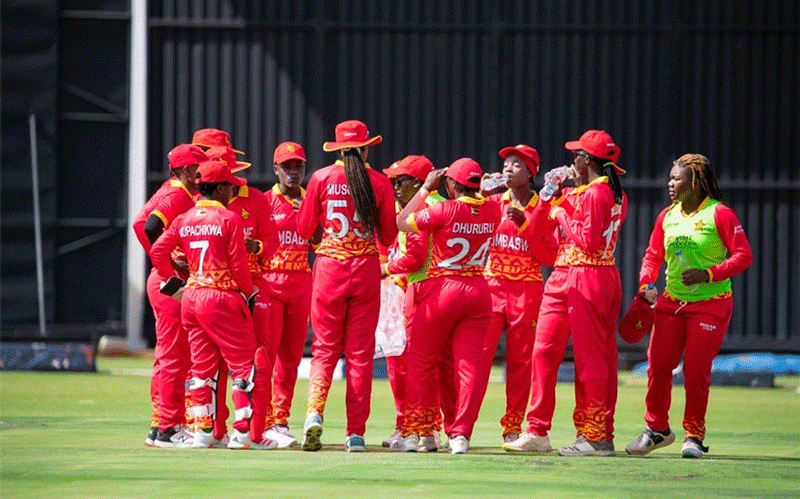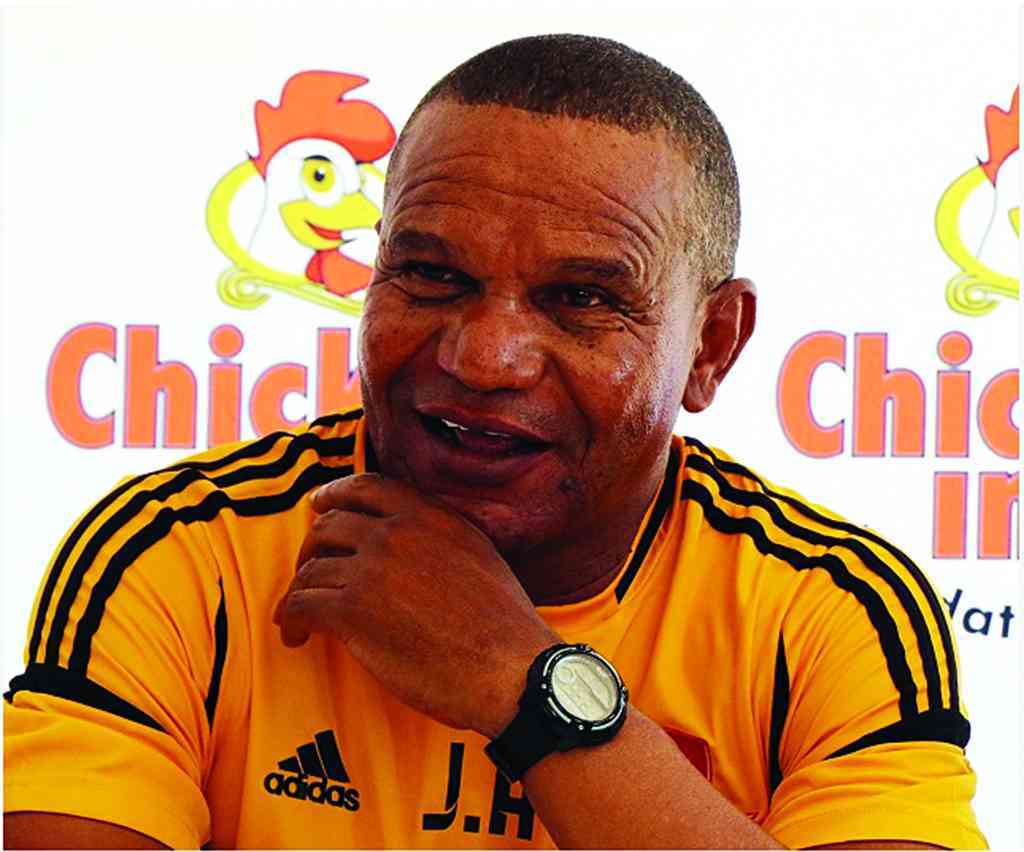
Clashes between rock-throwing protesters and riot police eased in Egypt on Saturday as activists argued over how to build momentum in their push to oust the country’s ruling generals.
Six people have been killed in Cairo and Suez in street battles between riot police and thousands of young men incensed by the deaths of 74 people at a football match on Wednesday – Egypt’s worst soccer disaster.
Many blamed the government for the deaths in Port Said, with some saying it was a deliberate attempt by remaining loyalists of ousted leader Hosni Mubarak to tip Egypt into chaos.
The fans turned their anger on the Interior Ministry in central Cairo and were joined by revolutionary youth groups to attack security forces who defended the building with continuous volleys of tear gas, batons and live gunshot rounds.
Some of the young protesters said their aim was not to overrun the ministry but provoke a reaction from the authorities that would encourage more people to join them.
“The majority of Egyptians don’t want to protest or rally. We are working on galvanising. It is coming, gradually,” said Mohamed Fahmy, a revolutionary socialist.
But the loose collection of groups leading the protests lacked a clear strategy and some admitted it was proving hard to secure the support of a population weary of insecurity.
Ahmed Shaban, 25, said: “We want the army to go and the interior ministry to be restructured. We will stay out here until that happens”.
- Chamisa under fire over US$120K donation
- Mavhunga puts DeMbare into Chibuku quarterfinals
- Pension funds bet on Cabora Bassa oilfields
- Councils defy govt fire tender directive
Keep Reading
Another young man arrived carrying a box full of gas masks. His companions each took one and headed towards a street that lay enveloped in tear gas.
Further towards the ministry building, dozens of state security trucks lined a street and hundreds of riot police and army officers were milling around, yelling orders or wiping eyes smarting from the tear gas.
“The interior ministry forces are handling the situation. The army has not been deployed yet,” a ministry source said.
A security source said army troops were told to be ready for deployment later on Saturday to protect government buildings, but that no such orders have been issued yet.
In Suez, police defended the state security headquarters and a Justice Ministry compound using razor wire and tear gas. A doctor at a morgue said he received two corpses of protesters shot dead by live ammunition.
Medics and witnesses reported four dead in Suez and two in Cairo, one of those an army officer, in two days of street fighting. A Reuters correspondent in the capital heard firing and found gun pellets on the ground.
Hundreds of protesters blocked roads near state security headquarters in the second-largest city Alexandria overnight.
Officials said at least 1,000 people were hurt in Port Said on Wednesday when fans invaded the pitch after local team al-Masry beat Cairo’s Al Ahli, Africa’s most successful club.
Witnesses said most of those who died were crushed in a stampede towards stadium exits that had been bolted shut.
Fans were puzzled at how match officials allowed the game to continue even as rival supporters threw stones and fired flares, and pointed to a thin police presence given the tense build-up.
The soccer stadium deaths have heaped fresh criticism on the military council that has governed Egypt since Mubarak stepped down a year ago. Critics regard the generals as part of his administration and an obstacle to change.
The army leadership, in turn, has presented itself as the guardian of the “January 25 revolution” and promised to hand power to an elected president by the end of June.











